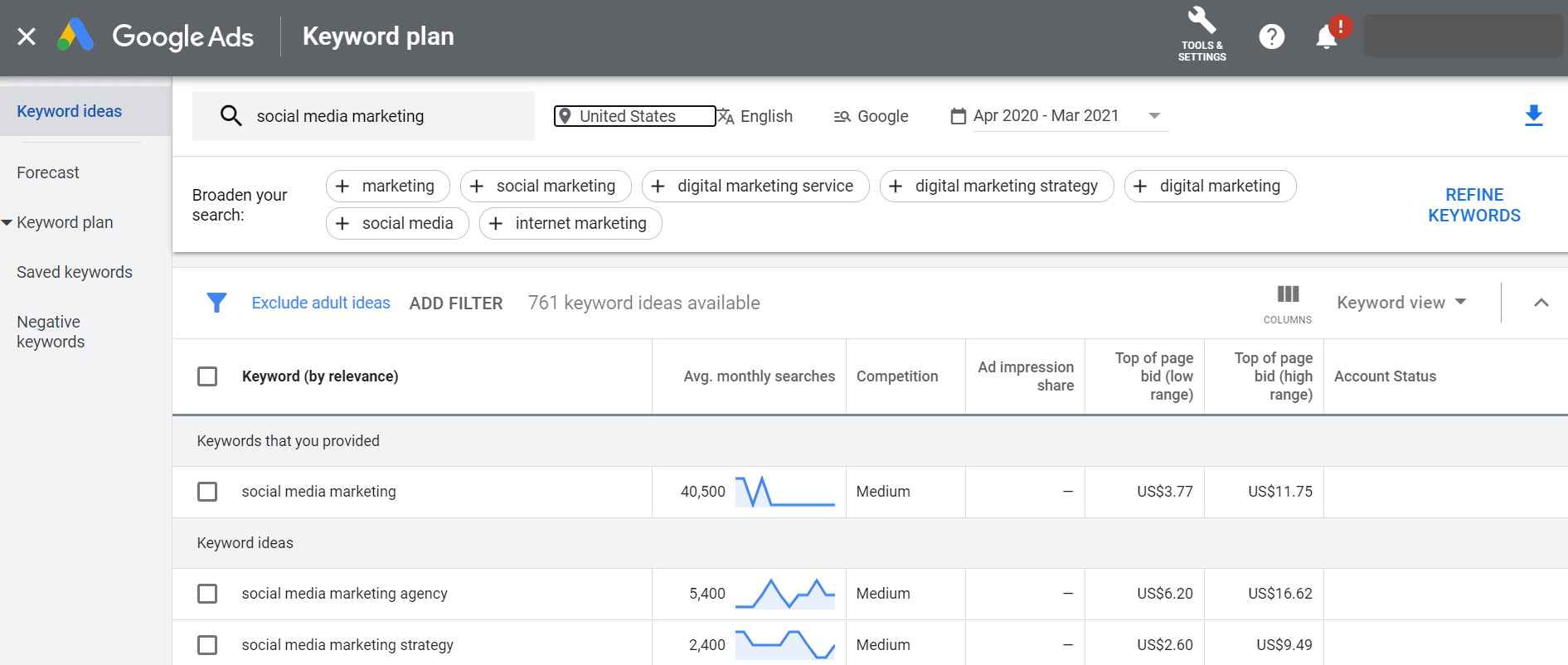What is Keyword stuffing? How to Use Keywords Properly
What is keyword stuffing? In a nutshell, it involves stuffing your content with too many keywords in an effort to raise its Google ranking.

Search engine optimization (SEO) is crucial if you want your website Which can be visible onlineThe goal of many website owners is to rank highly on Google, so cramming your content with keywords may seem like a convenient shortcut. But since this tactic may easily backfire, it’s a good idea to educate yourself on the possible repercussions.
What is keyword stuffing?
Using too many keywords is the In order to alter a website’s ranking in search engines, keyword stuffing is the overuse of specific terms or phrases in web content. Prior to Google rolling out algorithm adjustments in an effort to decrease spammy material and improve the general quality of its top results, keyword stuffing was a successful strategy. use of certain words or phrases in web content, which aims to manipulate the site’s rankings in search engines.
Keyword stuffing used to be an effectual practice until Google rolled out algorithm updates hoping to reduce spammy content and improve the overall quality of its top results.
What does it look like, exactly? As a general guideline, you can tell whether you’re guilty of keyword stuffing if you read your material aloud and your keywords sound odd or out of the ordinary. Look at the following Google illustration:
We sell Google Workspace. We are reseller of Google Workspace . If you’re thinking of buying a google Workspace, please contact us Ex: https://f60host.com
As you can see, the phrase ‘Googlw Workspace‘ appears too many times in such a small amount of text, making it sound robotic and spammy. In addition, Google considers the following actions to constitute keyword stuffing:
- telephone directory lists with little added value
- Text blocks that list the states and locations that a website is attempting to rank for
The practise of stuffing your page with hidden keywords is another dubious one. By placing a white font on a white backdrop, for instance, some users may conceal specific terms or phrases. Or they might include substantial amounts of content in the page’s code. However, modern search algorithms are capable of identifying keyword stuffing even when the text is obscured.
Why you shouldn’t pack your WordPress blog with keywords
Search engines’ main goal is to provide consumers with content that matches their search criteria.Therefore, bombarding your website with phrases like ‘best pizza in town‘ might seem like a great idea if you want to boost your pizzeria’s online visibility. However, doing so can lower your ranks or possibly cause your site to disappear from search results.
According to reports, keyword stuffing frequently results in penalties. A Google penalty may be full, only apply to certain pages, or to your complete website. Your content might not show up in search engine results as a result..
It’s crucial to remember that there are no explicit rules against keyword stuffing. Google is careful to limit information about its algorithm to whip up content creators to publish high-quality posts that are beneficial to users instead of writing for search engines.
However, keyword stuffing can have a negative effect on user experience (UX), a proven ranking issue. Additionally, if you overstuff your page with well-known search terms, you can experience a sharp increase in bounce rate.
Reusing the same words or phrases results in a jumbled or unreadable appearance that makes people leave your website. Therefore, a high bounce rate may inform search engines that your material is of low quality, even if your site initially ranks well.
Quick tips for correct keyword usage
You may be wondering how to employ keywords successfully now that we’ve talked about keyword stuffing and its negative effects. Here are four SEO best practises to take into account.
1.Pick a main keyword for each page and article.
Finding your main keyword and optimising your content for it will help you rank well in your niche. If you’re unsure of what terms your audience is seeking for, you can use tools like Keyword Planner. It displays the typical monthly search volume for your selected term, displays the ranking difficulty, and offers alternatives:

Instead of going for short words or phrases, it makes sense to focus on long-tail keywords. Your chances of ranking highly in your specialty will increase as you become more particular.
If you’re new to the market and just begin your website, it might be challenging to rank for highly competitive keywords. Consequently, it’s usually advisable to focus on less common search phrases.. Also, avoid targeting the same word or phrase for multiple pages, as search engines may not know which one to crawl first.
As a result, it’s usually advisable to target less common search phrases. These can boost your SEO efforts as they add context to your page, helping search engines understand and index your site. Additionally, your writing will seem lot more authentic and personal.
You may use virtually endless keywords to optimise your posts with WordPress SEO plugins like Rank Math. But keep in mind that more doesn’t always equal better, and you might obtain great results with just one keyword term.
2. Use your keyword in the right places
Make sure to use your focus keyword strategically once you’ve determined it. It works well when used in the following contexts:
- Page or post title
- At least one subheading
- Meta description
- First paragraph of the body copy
- Near the end of the page or in the conclusion
- At least one image alt text
A minimum of 300 words should be in your body copy. Otherwise, search engines might not be able to evaluate the calibre of your content. It’s wise to incorporate long-form pieces on your blog because short postings may also suggest that your content offers less value to potential readers.
3. Check for the appropriate keyword density
The majority of SEO specialists generally advise that your keyword should appear in no more than 2% of your text. For instance, if your article contains 1,000 words, it should be okay to use your main keyword no more than 20 times. However, this recommendation is mostly theoretical, since Google doesn’t publicly state what the ideal keyword density should be (they just provide evasive responses like this).
Making calculations while writing could be challenging, therefore using an SEO plugin like Yoast SEO can be beneficial. This tool determines how many keywords you should use based on the length of your content and will alert you if you’ve used too many:

If you haven’t used your focus term or phrase sufficiently, Yoast SEO will let you know. However, there is no one-size-fits-all approach to keyword density, so try not to get too caught up in a perfect % or quantity. Instead, as said above, make sure your term is included in the critical areas of your website.
4. Write for humans, not machines
Last but not least, keep in mind that your material should appeal to people as well as search engines. While adhering to industry SEO standards is recommended, keep in mind that cramming your material with keywords makes it seem unnatural to a human eye.
It is worthwhile to learn about SEO copywriting because positive UX contributes significantly to ranking factors. Essentially, you should employ your keywords in a way that they flow smoothly with the rest of your essay rather than stuffing them in haphazardly.
Keep in mind that if your material is challenging to read, readers may leave your website. As a result, it’s preferable to keep users interested with informative and valuable material.
For some tips here, check out our Difference Between Technical SEO, On-page SEO, And Off-page SEO
Conclusion
The solution to your SEO issues may appear to be keyword stuffing. Theoretically, this could increase your site’s visibility because search engines will prioritise serving users the pages that seem to be most relevant to their search keywords. It is best to avoid overusing your keywords because this practise may cause more harm than good.
Follow Us On Linkedin



